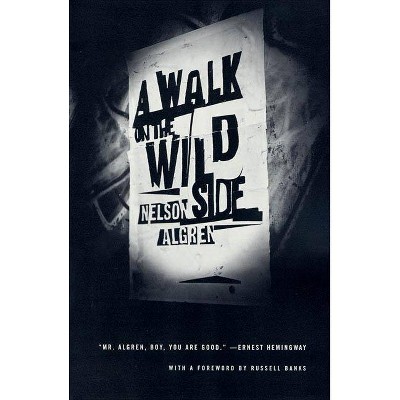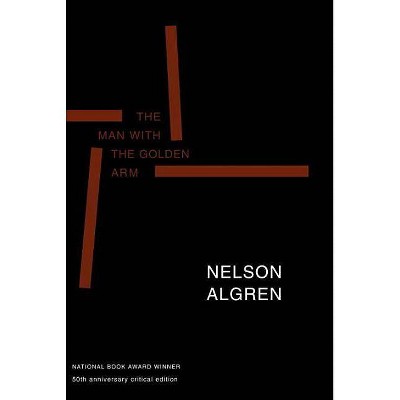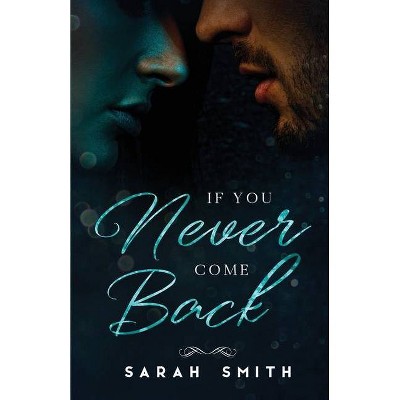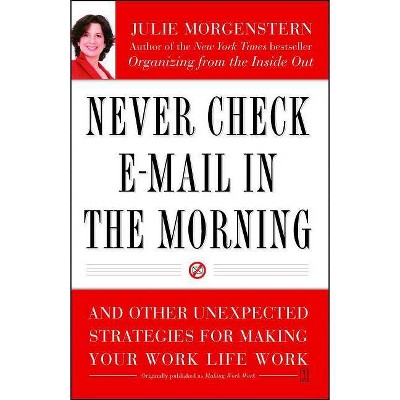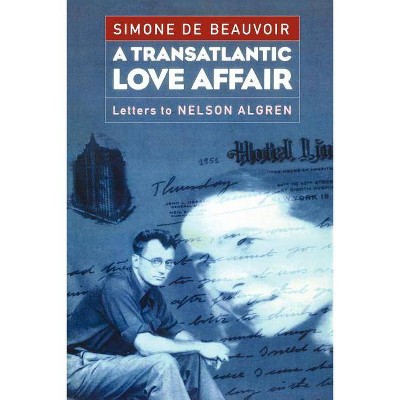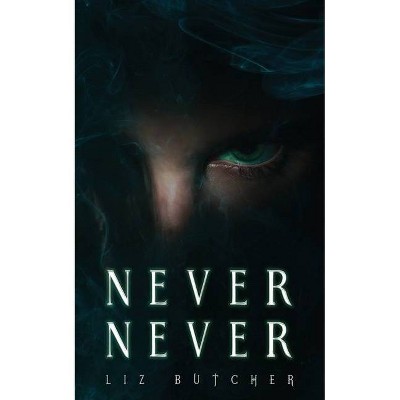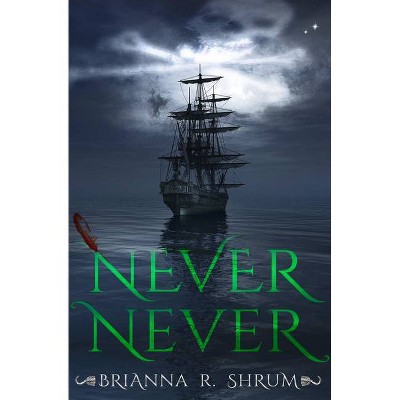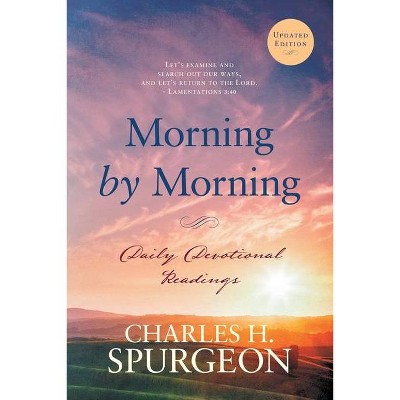Never Come Morning - by Nelson Algren (Paperback)
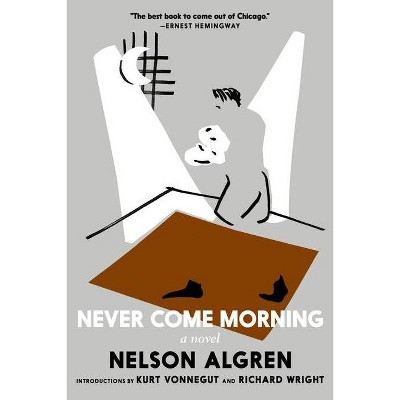
Similar Products
Products of same category from the store
AllProduct info
<p/><br></br><p><b> About the Book </b></p></br></br>"Bruno Bicek is a prizefighter and small-time hood in Chicago. Boxing is his ticket to escape hard times and gang life, but when Bruno doesn't prevent the brutal gang rape of his girlfriend, Steffi, it tears them apart, their worlds changed forever. Bruno is sent to jail and Steffi to a brothel governed by the brutality of a local crime boss, The Barber. Sinister and dark, The Barber controls Steffi and has no intention of letting her go. Why should he, when he holds all the cards? Bruno and Steffi, who dream of breaking free, learn this in the end and find that for them there will be no bright morning." This new edition features an introduction by Kurt Vonnegut, Jr. and an interview with Nelson Algren by H.E.F. Donohue<p/><br></br><p><b> Book Synopsis </b></p></br></br>Never Come Morning is unique among the novels of Algren. The author's only romance, the novel concerns Bruno Bicek, a would-be boxer from Chicago's Northwest side, and Steffi, the woman who shares his dream while living his nightmare. It is an unusual and brilliant book, said The New York Times. A bold scribbling upon the wall for comfortable Americans to ponder and digest. This new edition features an introduction by Kurt Vonnegut, Jr. and an interview with Nelson Algren by H.E.F. Donohue.<p/><br></br><p><b> Review Quotes </b></p></br></br><br>"<i>Never Come Morning</i> depicts the intensity of feeling, the tawdry but potent dreams, the crude but forceful poetry, and the frustrated longing for human dignity residing in the lives of the Poles of Chicago's Northwest Side, and this revelation informs us all that there lies an ocean of life at our doorstep--an unharnessed, unchanneled and unknown ocean . . ." <b>-Richard Wright</b> <p/> <br>"It is an unusual and brilliant book . . . a bold scribbling upon the wall for comfortable Americans to ponder and digest." <b>-<i>New York Times</i></b> <p/> <br>"If the world of <i>Never Come Morning</i> is tawdry and brutal, Algren's language has a lyrical impulse that humanizes and uplifts. . . . Algren's passionate belief that the disenfranchised and their lives matter, and should matter, never translates into sentimentality or righteous hectoring. Clear-eyed compassion, respect for fact and a fiery imagination that's fueled by empathy for the suffering of others make his work powerful, enduring and unique. <i>Never Come Morning</i> is inspiring." <b>-Irini Spanidou</b> <p/> <br>"One of the most important American novels that I have read . . ." -James T. Farrell <p/> <br>"Like a flare of light, it illumines . . . but in human terms. <i>Never Come Morning</i> towers head and shoulders over most novels." <b>-Benjamin Appel, <i>Saturday Review</i></b> <p/> <br>"The best book to come out of Chicago." <b>-Ernest hemingway</b><br><p/><br></br><p><b> About the Author </b></p></br></br>One of the most neglected American writers and also one of the best loved, <b>NELSON ALGREN </b>wrote once that "literature is made upon any occasion that a challenge is put to the legal apparatus by conscience in touch with humanity." His writings always lived up to that definition. He was born on March 28, 1909, in Detroit and lived mostly in Chicago. His first short fiction was published in <i>Story </i>magazine in 1933. In 1935 he published his first novel, <i>Somebody in Boots</i>. In early 1942, Algren put the finishing touches on a second novel and joined the war as an enlisted man. By 1945, he still had not made the grade of Private first class, but the novel <i>Never Come Morning </i>was widely praised and eventually sold over a million copies. Jean-Paul Sartre translated the French-language edition. In 1947 came <i>The Neon Wilderness</i>, his famous short story collection which would permanently establish his place in American letters.<i> The Man with the Golden Arm</i>, generally considered Algren's most important novel, appeared in 1949 and became the first winner of the National Book Award for Fiction in March 1950. Then came <i>Chicago: City on the Make</i> (1951), a prose poem, and <i>A Walk on the Wild Side </i>(1956), a rewrite of <i>Somebody in Boots</i>. Algren also published two travel books, <i>Who Lost an American? </i>and <i>Notes from a Sea Voyage</i>. <i>The Last Carousel</i>, a collection of short fiction and nonfiction, appeared in 1973. He died on May 9, 1981, within days of his appointment as a fellow of the American Academy and Institute of Arts and Letters. His last novel, <i>The Devil's Stocking</i>, based on the life of Hurricane Carter, and <i>Nonconformity: Writing on Writing</i>, a 1952 essay on the art of writing, were published posthumously in 1983 and 1996 respectively. In 2009 came <i>Entrapment and Other Writings</i>, a major collection of previously unpublished writings that included two early short story masterpieces, "Forgive Them, Lord," and "The Lightless Room," and the long unfinished novel fragment referenced in the book's title. In 2019, Blackstone Audio released the complete library of Algren's books as audiobooks. And in 2020 Olive Films released <i>Nelson Algren Live</i>, a performance film of Algren's life and work starring Willem Dafoe and Barry Gifford, among others, produced by the Seven Stories Institute.
Price History
Cheapest price in the interval: 13.29 on November 6, 2021
Most expensive price in the interval: 13.29 on December 20, 2021
Price Archive shows prices from various stores, lets you see history and find the cheapest. There is no actual sale on the website. For all support, inquiry and suggestion messagescommunication@pricearchive.us
